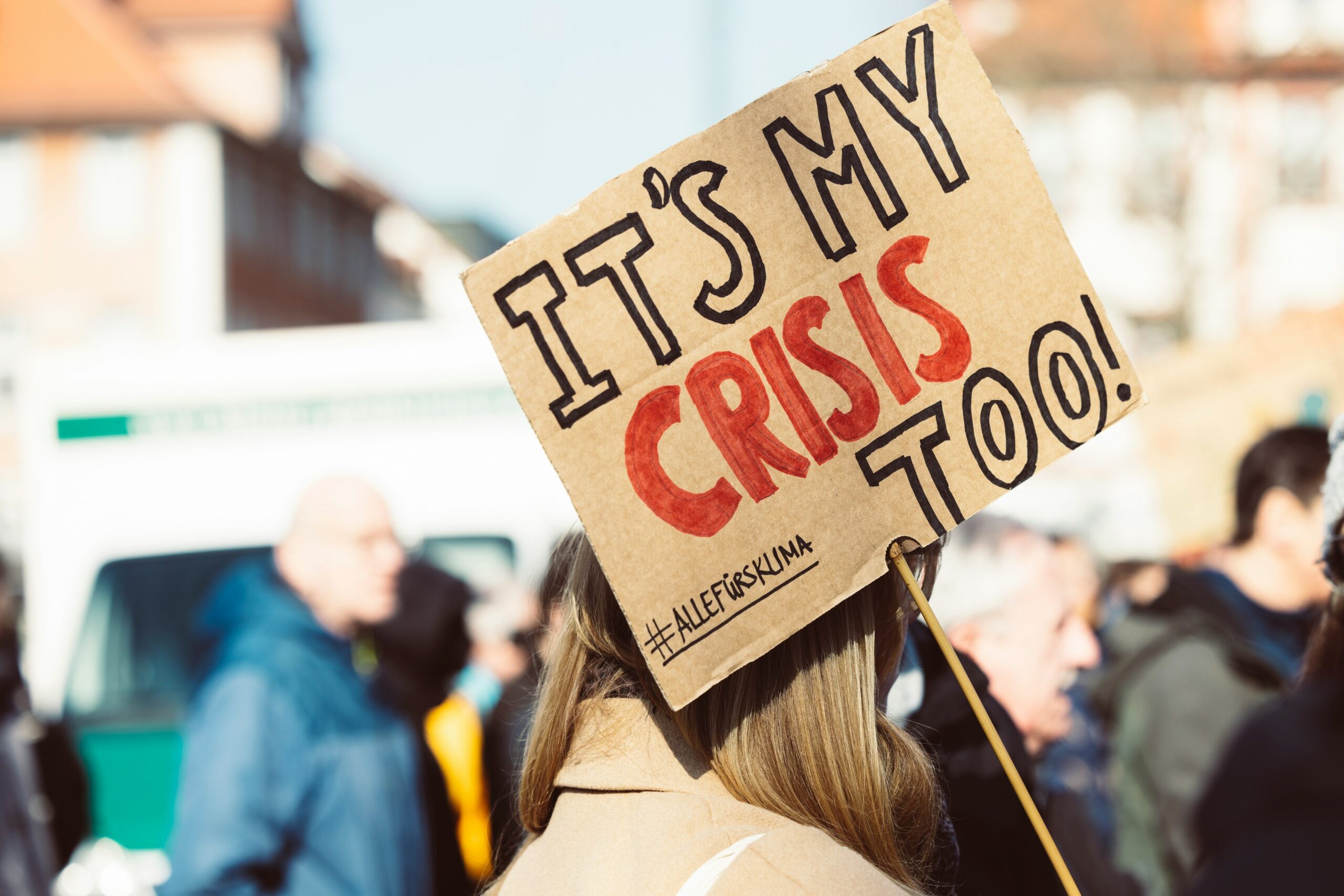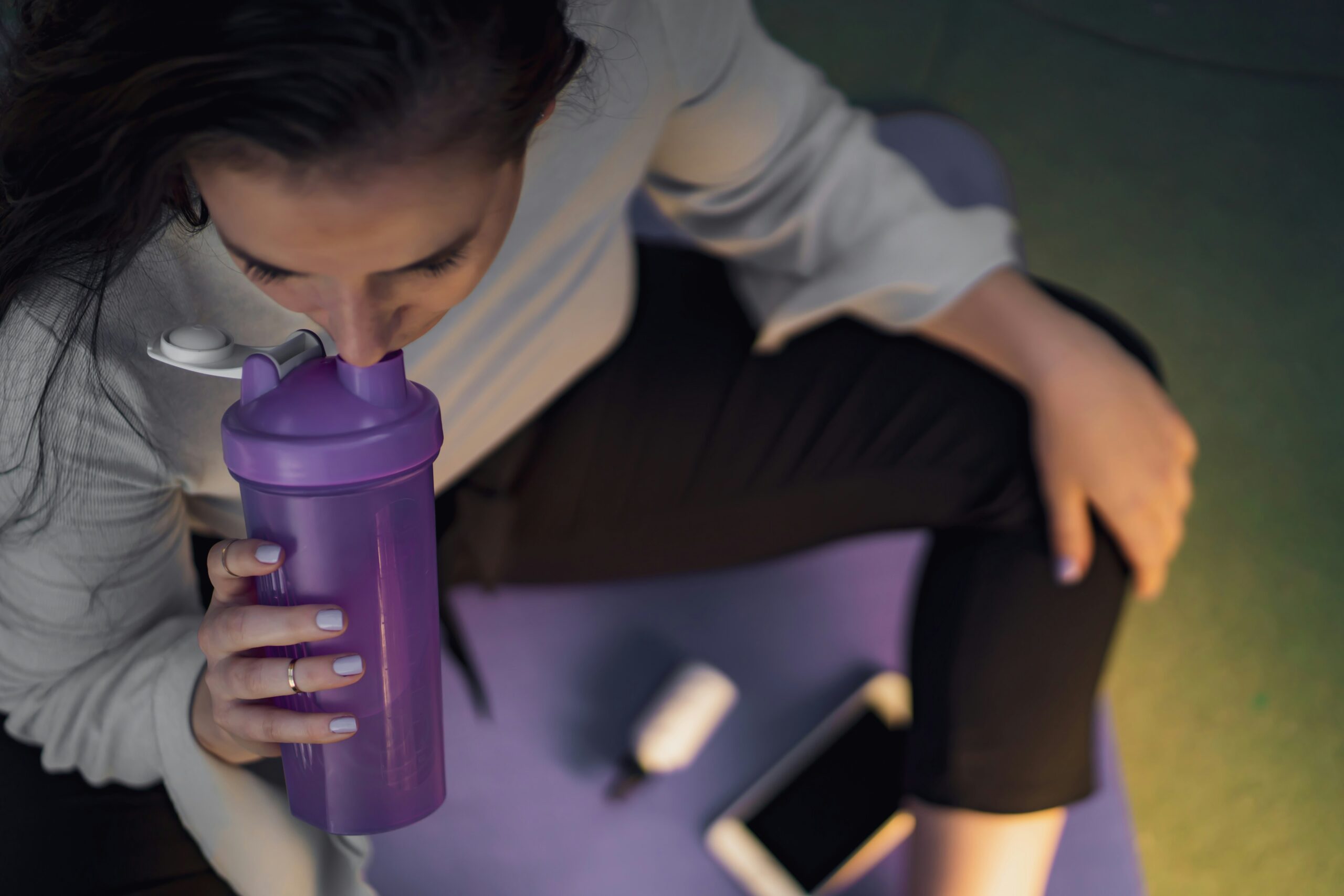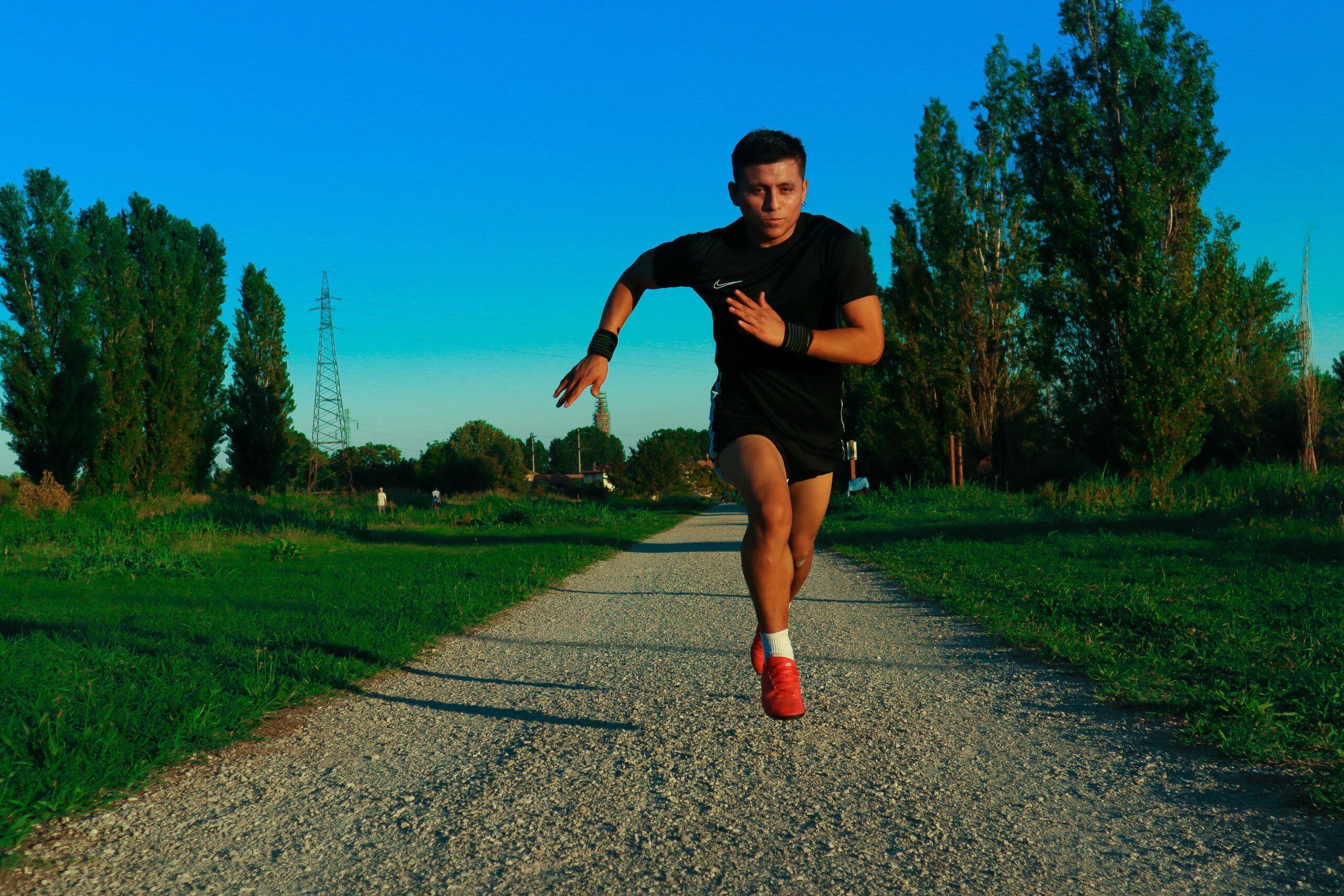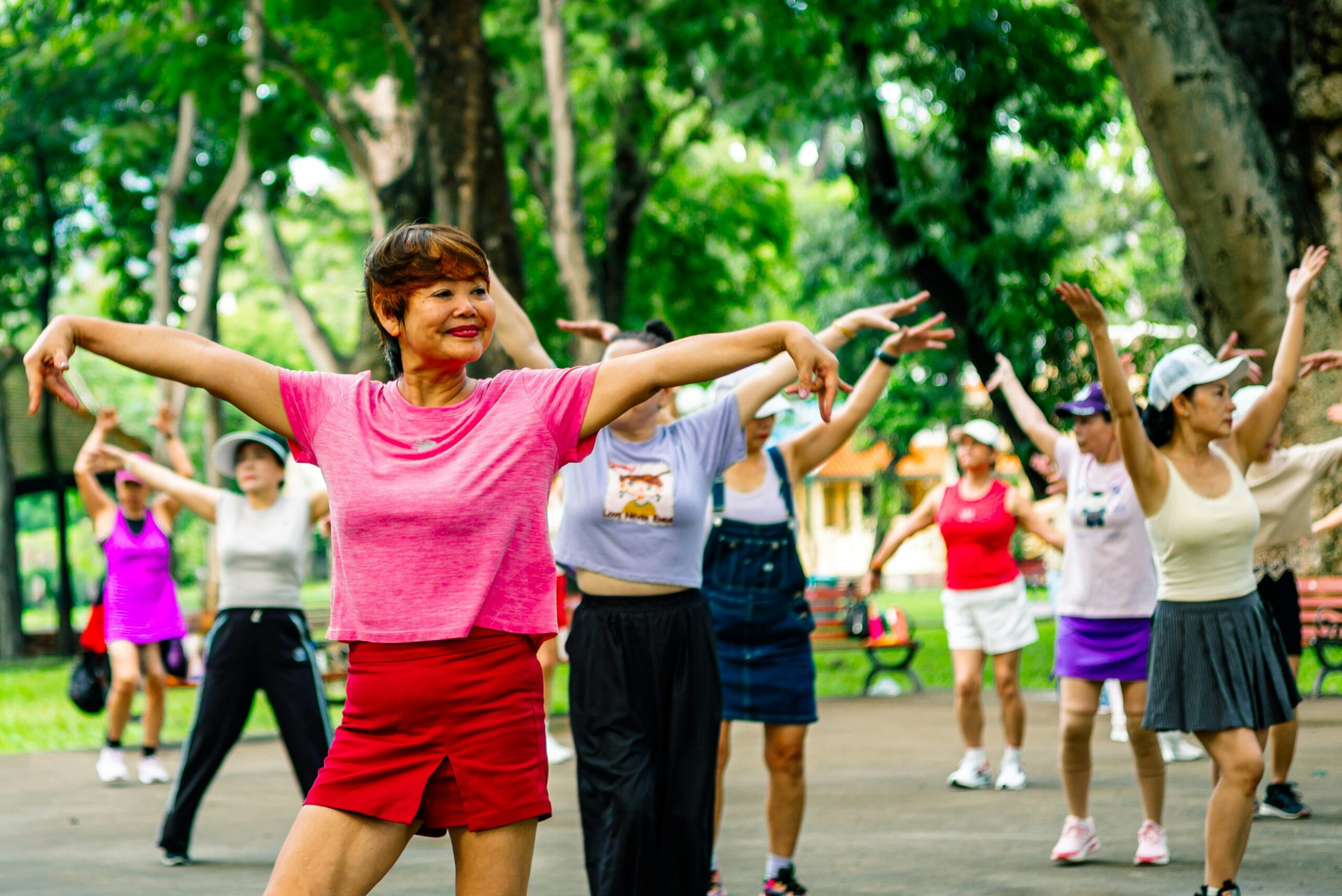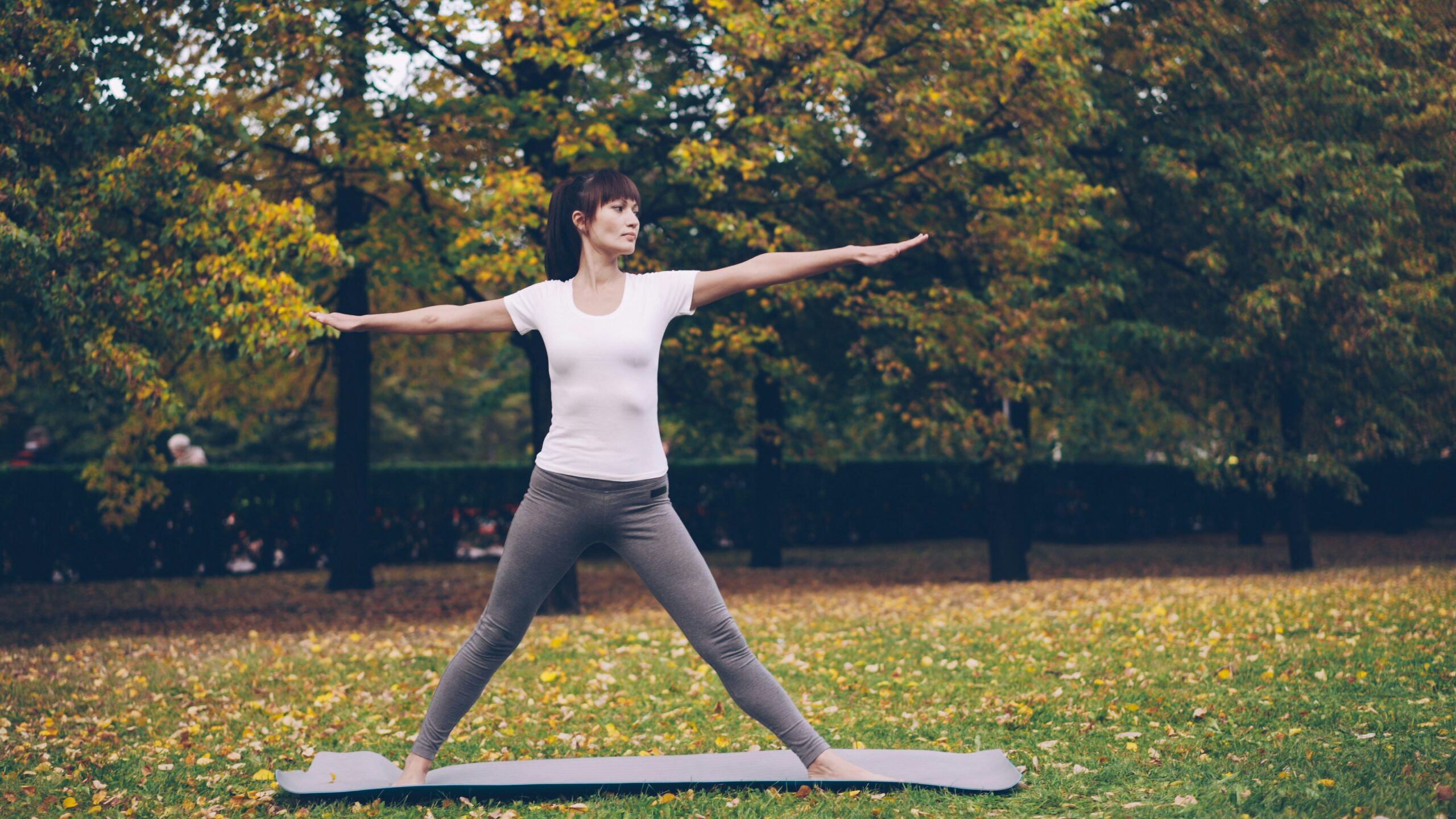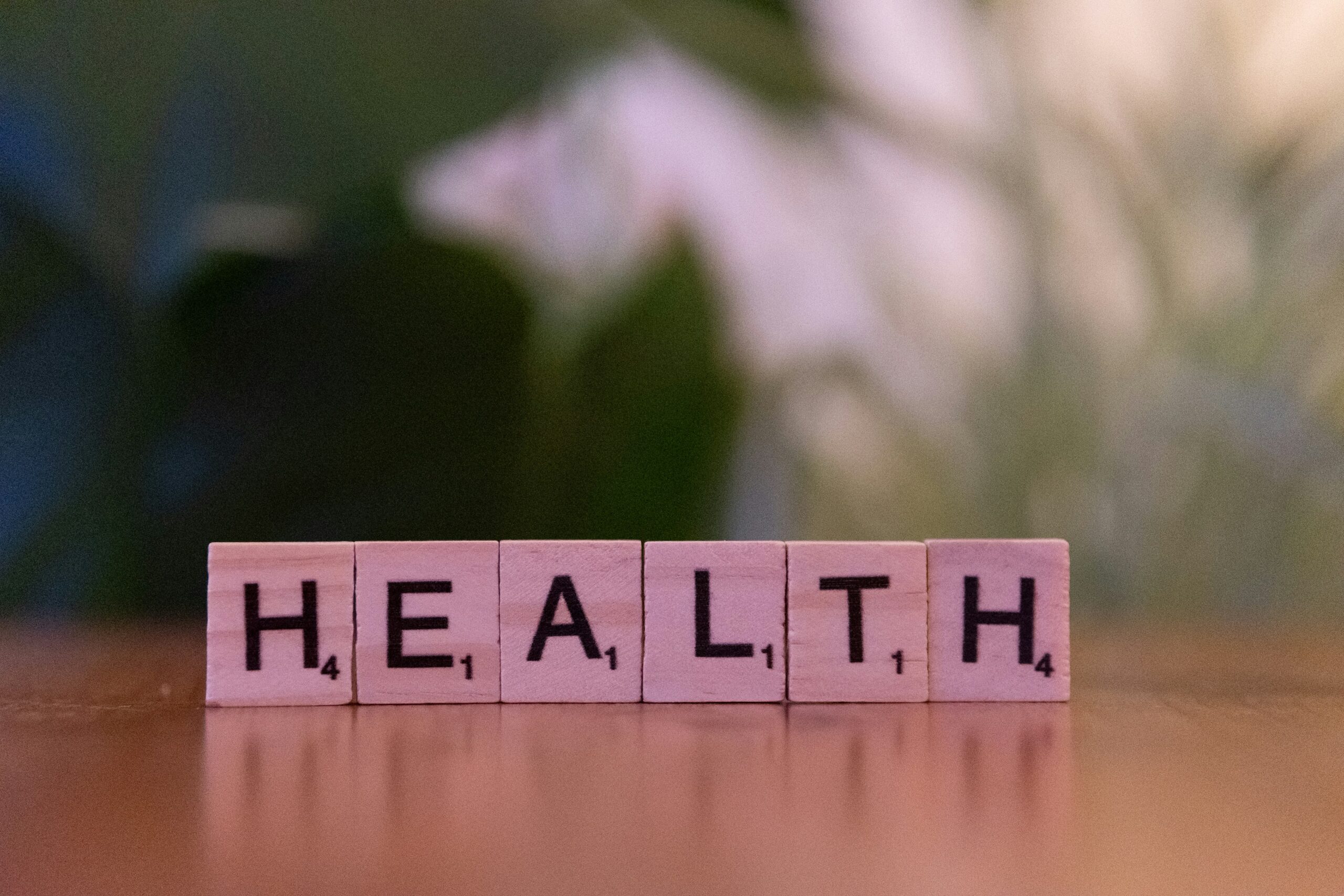Health Elevated: 5 Unexpected Ways to Supercharge Your Social Well-Being
Introduction
In a world where health is often reduced in number-we have forgotten one of the most important components of we, steps, blood pressure: social welfare. When we focus on Kail Smoothie and Hiit training sessions, we ignore the invisible threads that bind us to other – threads, when nourished, can increase our physical, mental and emotional health, science just begins to fully understand.
Welcome to health – what it means to real health, a bold magazine. This is not just another article on diet and exercise. It is an over -neglect, underactive and often a deep dive in an unexpected way that social welfare exceeds your general health. And yes, it is supported by science, experienced with the story, and is written with the soul of the Oscar -winning story.Let’s start.
Table of Contents
1. Laughter with strangers: Secret Power of Micro-Connection
You are in line in a coffee shop. The person in front of you spreads latte. Instead of moaning, you both laugh. “Okay, this is a way to start the day!” You tell. De Chakli. A short moment. Fleety. Meaningless?No, it’s medicine.
Research from the University of Oxford suggests that shared laughter – even with strangers – triggers the release of endorphins, brain natural painkillers and mood amplifiers. These micro-converts, which psychologists call them, are like emotional vitamins. They reduce stress, low cortisol levels and even improve immune function.
But here’s an unexpected turn: These short social sparks not only feel good in this moment-they resume your brain for a long time. A study dated 2023 published in Nature human behavior found that people who regularly operate with light report low frequencies of positive social interaction, better sleep and sleep and
And better resilience throughout crises.So how do you harness this?
Start small. Smile on the barista. Compliment a coworker’s shoes. Join a community board sport night time. These aren’t frivolous acts—they’re fitness interventions. You’re now not simply being friendly; you’re constructing a social immune device.
Pro Tip: Try the “three-Smile Rule.” Every day, intentionally smile and make eye touch with 3 humans you don’t recognize. Notice how your mood—and your feel of connection—shifts.
2. The Hidden Health Boost of Volunteering: Why Giving Is Receiving
Imagine a tablet that would lessen your chance of coronary heart sickness, slow cognitive decline, and increase your lifespan through up to 22%. You’d line up across the block, proper?
Well, that tablet exists. It’s referred to as volunteering.
A landmark observe from Carnegie Mellon University determined that adults over 50 who volunteered frequently were less possibly to expand excessive blood strain—a main indicator of cardiovascular fitness. Another examine from the London School of Economics concluded that those who volunteer report higher levels of existence satisfaction than individuals who win the lottery.
Why? Because supporting others turns on the brain’s reward centers. It floods your system with dopamine and oxytocin—the “love hormone”—which calms the anxious device and decreases inflammation, a root motive of chronic ailment.
But the real magic isn’t simply in the chemical substances. It’s inside the identification shift.
When you volunteer, you stop seeing your self as a solitary person combating through life. You emerge as part of something larger—a community, a venture, a motion. That sense of belonging is robust medicinal drug.
Ase -Studies: Meet Maria, a retired teacher from Portland. After her husband passed away, she fell into deep loneliness. Then he began teaching the children on a local school program. During months, his blood pressure fell, his depression, and he made three close friends. She says, “I don’t go there to heal.” “I went to help. But I saved myself.”
Volunteer is not a donation. It is self -care for a purpose.
Action step: We only two hours a week because you care. Animal Shelter, Food Bank, literacy program – anywhere you can give time, no money. See how your health reacts.
3. Your phone is lying to you: Why isn’t a digital connection enough
Let’s be honest: We’ve outsourced our social life on the screen. We “like” the image of a friend’s vacation instead of calling them. We “Congratulations on the day!” Instead of showing with cake.
We tell ourselves that we are connected. But our body knows the truth.
Ucla neuroscientists found that virtual interaction-work means how often the nerve routes are not activated as a contact with much contact. Video calls? Closed, but not enough. Texts and DMS? Hardly sign up.Why is this for health?
Because the actual connection requires appearance – contact with the eye, tone, touch. These signals provide the brain. Without them, the nervous system lives in low -quality warning mode, pumping stress hormones that damage the heart, gut and brain over time.
The solution is not to remove your phone (although a digital detox never harms anyone). This avatar is to restore the connection.
Try it: host “no screen” dinner once a month. Invite friends. Cook together. Talk without distracting. Or join a local song players, tour groups or book clubs. Goal? To feel the warmth of another person’s laughter, the rest of one hand
On the shoulder, unspecified binding of shared silence.
Science Flash: A Harvard study, which monitors 82,000 adults, found that people with strong social tie in the purses had a 50% less risk of premature death than those who depend on digital Kavalry interactions. This is a great health effect than quitting smoking.
Your phone connects you to information. But only real people connect you to health.
4. Pets: sweet, winged and crust doctors you didn’t know
Meet Leo: A 14 pound rescue tax with an illegitimate tail and habit of sitting on your owner’s chest during terrorist attacks.
When a nurse Sara in Denver adopted Leo after a burn-out breakdown, she did not expect her to become her doctor. But every time his anxiety increases, Leo will push the claws on his heart and clean – a rhythmic vibration at 25 Hz, the same frequency used in medical massage to reduce muscle tension.
It turned out, Leo wasn’t just sweet. He practiced purr therapy.
Studies show that cholesterol is small in pet owners, low blood pressure and smaller medical visits. Dog owners drive an average of 22 minutes per day – train about 13 hours a month. But beyond physical quotas, pets give something deep: unconditional social support.
They do not do justice. They are not ghosts. They show – every day, without failure.
Is it even more surprising? Interaction with animals increases oxytocin and reduces cortisol, effectively acts as a 24/7 stress buffer. In hospitals, medical dogs have been shown to reduce the perception of pain in patients compared to certain medications.
Not a pet? No problem. See a animal home, a volunteer in a farm shrine, or just spend time in a park, play dogs. Health benefits of animal appearance are real – even in s
Even in small doses. Pets don’t just warm our homes. They heal them.
5. The Radical Act of Saying “I Need Help”
We live in a way of life that glorifies independence. “Pull yourself up via your bootstraps.” “Be sturdy.” “Don’t be a burden.”
But here’s a thorough idea: Asking for assistance is a superpower.
Psychologists name it vulnerability-primarily based agree with. When you admit you’re suffering—whilst you say, “I don’t have this found out”—you supply others permission to do the same. That second of honesty doesn’t weaken a relationship. It fortifies it.
And the fitness payoff? Massive.
A longitudinal observe from the University of Michigan determined that those who often confide in others have a 60% decrease threat of early mortality than people who bottle things up. Suppressed emotions lead to continual infection, weakened immunity, and extended chance of melancholy and coronary heart ailment.
But while you percentage your reality—whether or not it’s grief, fear, or simple exhaustion—you release psychological strain. You set off the parasympathetic fearful device, the body’s “relaxation and digest” mode. You heal.
Real Talk: James, a firefighter from Austin, avoided therapy for years. “Strong men don’t cry,” he become taught. But after a worrying name, he broke down and referred to as a friend. That conversation caused therapy, a guide institution, and ultimately, a memoir. “Asking for help,” he says, “was the bravest thing I’ve ever performed. And the healthiest.” So how do you start?
Try this: once per week, tell a person—honestly inform them—the way you’re clearly doing. Not “pleasant,” but the reality. You’ll be amazed at how regularly they reply with, “Me too.”
The Bigger Picture: Health Isn’t a Solo Journey
We’ve been offered a delusion: that health is some thing you obtain on my own—via self-control, area, and best choices.But the reality is a long way extra stunning.
Health is relational.It grows in laughter with strangers, in quiet moments with a pet, within the courage to say, “I’m not okay.”It thrives not in isolation, but in connection.
These five sudden strategies—micro-connections, volunteering, in-person bonding, animal companionship, and vulnerability—are not facet quests. They are relevant to what it approach to be healthful.
And here’s the maximum powerful component: you don’t want money, a fitness center club, or a great food regimen to get right of entry to them. You simply need the willingness to attain out.
Elevate Your Health, One Connection at a Time
Let’s end in which we commenced—with a brand new definition of fitness.
It’s now not just the absence of disorder.
It’s not simply six-percent abs or an excellent blood panel.
Health is the sensation of being visible, heard, and held—by means of others and by way of life itself.So cross beforehand.Smile at a stranger.Hug your dog.Ask for help.Volunteer.
Put your telephone down and appearance someone in the eye.
Each of those acts is a quiet revolution.Each one is a step closer to Health Elevated.
Because while you supercharge your social properly-being, you don’t simply live longer.
You stay deeper.You live richer.You live—in the end—like a person intended to.And that?That’s the most Oscar-worth story of all.
Q: What is social well-being?
A: Social well-being is the quality of your relationships and connections—feeling supported, connected, and valued by others.
Q: Can small changes really improve my social health?
A: Yes! Simple habits like active listening or reaching out daily can significantly boost your social well-being over time.
Q: How is social well-being linked to overall health?
A: Strong social connections reduce stress, improve mood, and are linked to a longer, healthier life.

